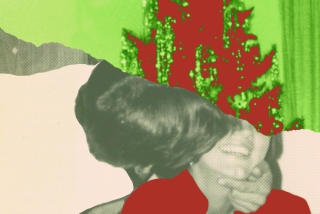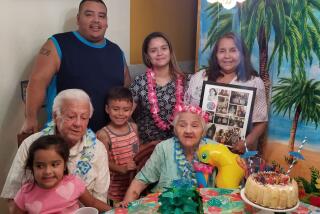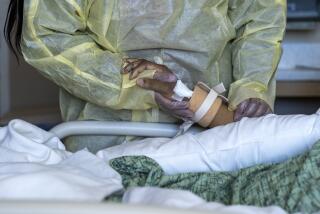Losing a loved one is hard. While social distancing, it’s brutal
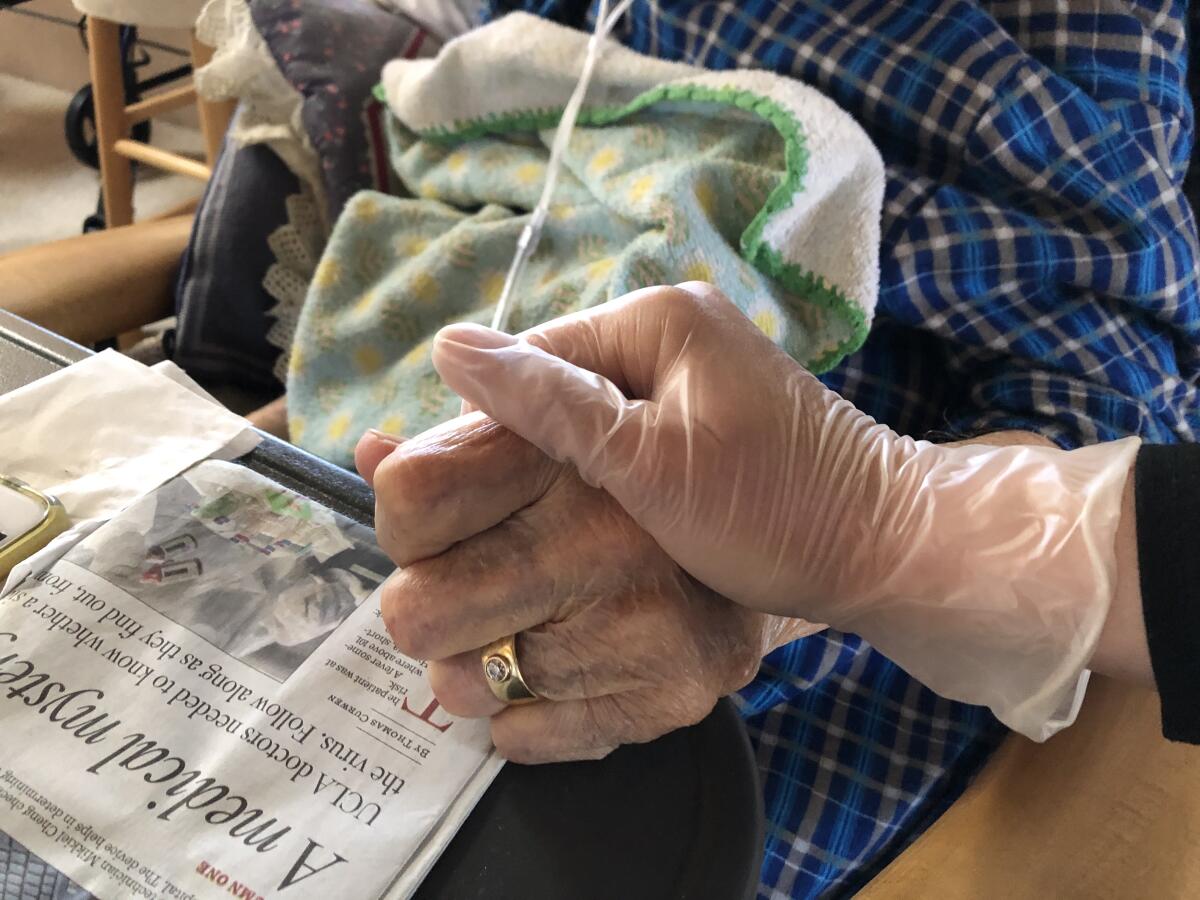
- Share via
I’m typing this with gloved hands and six feet of distance between myself and my hero.
I pause to read that sentence, and I can’t hold back the tears or fight the persistent lump in my throat.
My grandfather is dying in hospice care. And I have never more appreciated the power of touch. Because it’s been stolen from us.
This pandemic has robbed us of final hugs, kisses, pats on the back, hand holding and shared meals across an intimate table.
I sweep away my tears with my clothed shoulder to avoid touching my face. It’s become a routine now.
I don’t know how to describe the pain of grieving such a deep loss while trying to practice social distancing. But I will try, in the hopes it will help people understand the importance of these health and safety measures, so we can all soon return to caring for and simply spending time with our loved ones without latex gloves, masks or physical barriers between us.
My mother’s father is the patriarch of my crazy, loud Italian American family. Yep, back when restaurants were open for more than takeout — those were the days — we were that table of 18 disturbing your dinner. I’m not sorry about it. I miss it.
I can’t even cook him the homemade fettuccine he deserves one more time, because there are never any eggs left when I make my painstakingly cautious visits to the grocery store.
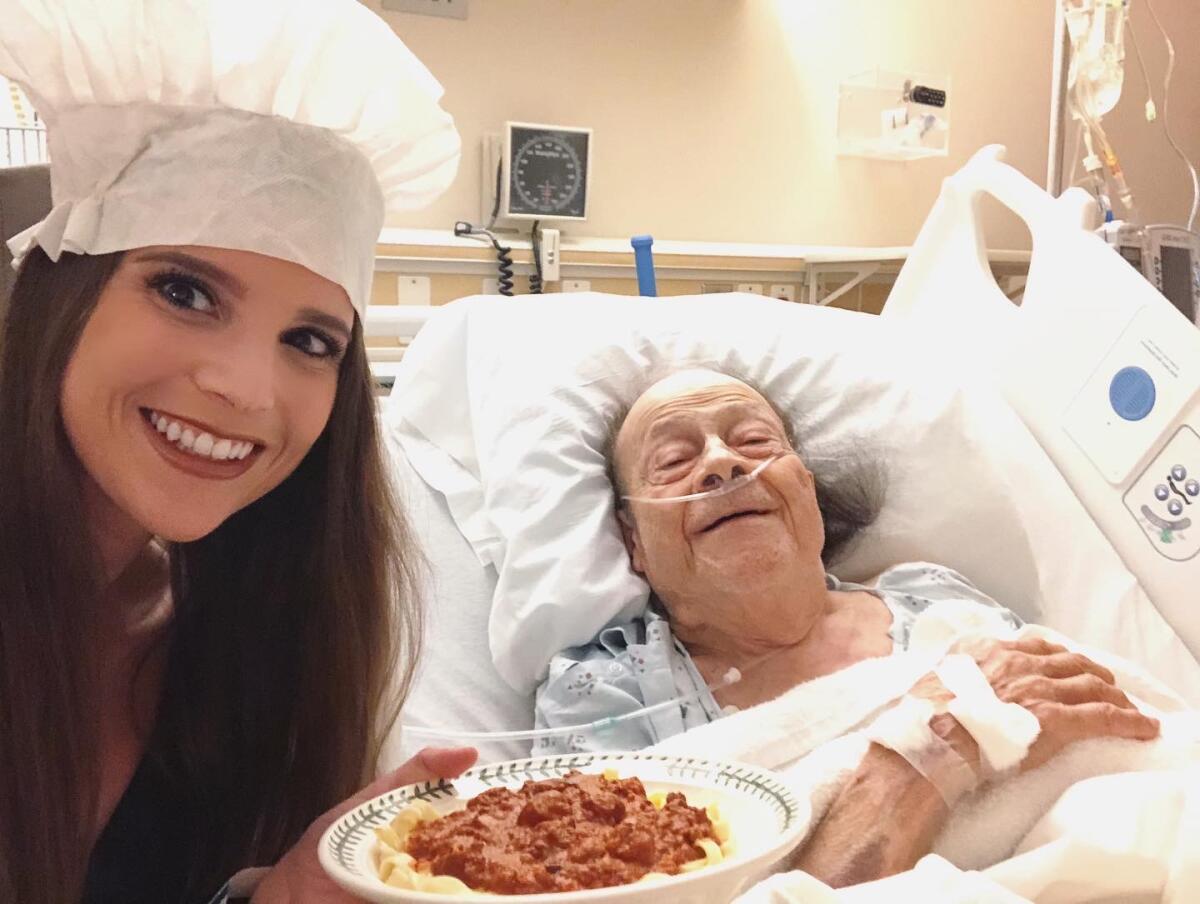
I can’t throw him the celebration he deserves on his 94th birthday, which is just two weeks away. Instead of planning a festa so exciting that it helps to fuel his fight, I’m reading about how families have had to plan virtual or distanced gatherings.
Easter is his favorite holiday. But even if he makes it to that date, we can’t enjoy our traditional holiday brunch, because it’s been canceled.
My heart sinks further to read that some communities are already banning funeral gatherings of 10 or more. Good luck breaking that news to my grandfather’s wife, three daughters, their spouses, his five grandchildren, great-grandchild and the third generation’s wives and significant others who have grown close enough to call him Grandpa too.
Perhaps what hurts the most is that I shouldn’t even be in the same room as him, in case I am an unwitting carrier of the novel coronavirus.
Can you imagine trying to catch as many final moments as possible with someone you love so deeply while living with the fear of worsening his or her condition?
For the record, while a health advisor has recently urged Californians not to visit family in other households, helping to manage my grandfather’s care, aid his nurses, shop for and prepare his meals is essential for his health. I self-quarantined for two weeks before getting more involved in his hands-on care, as a precaution. I even helped him avoid a close call, sending one caretaker home when she showed up coughing. She tested negative for COVID-19 but had the regular flu.
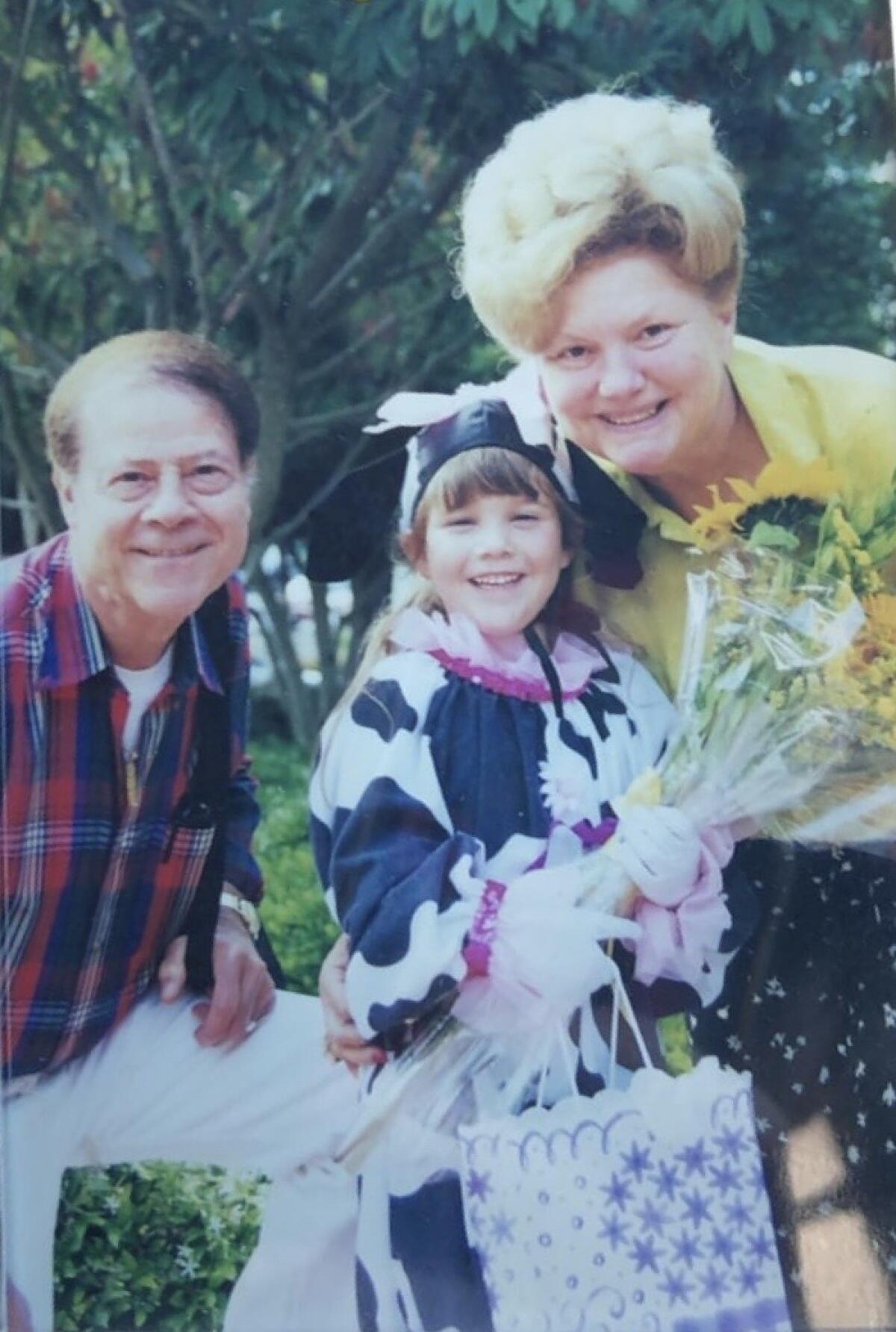
Being a watchdog for my grandfather right now can feel like its own full-time job, a challenge that is all the more stressful on top of the general anxiety of living in a quarantined world and the nerves of knowing his father and father-in-law both died from the 1968 flu pandemic.
But he is worth it.
My father and I have been estranged for almost seven years. My grandfather has always been my rock, but during this period he has increasingly become my guiding light and my source of strength.
At times when I have felt depressed and distraught, he cared for me.
It’s an honor to care for him in return, 6 feet apart.
I lift my head up from writing this and look into my grandfather’s deep brown eyes, the same as mine.
“I love you,” my voice cracks. “I love you so much.”
“And the feeling is mutual,” he says with a smile.
Frank Edward Richelieu died this morning.
More to Read
Sign up for The Wild
We’ll help you find the best places to hike, bike and run, as well as the perfect silent spots for meditation and yoga.
You may occasionally receive promotional content from the Los Angeles Times.
